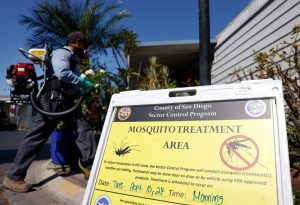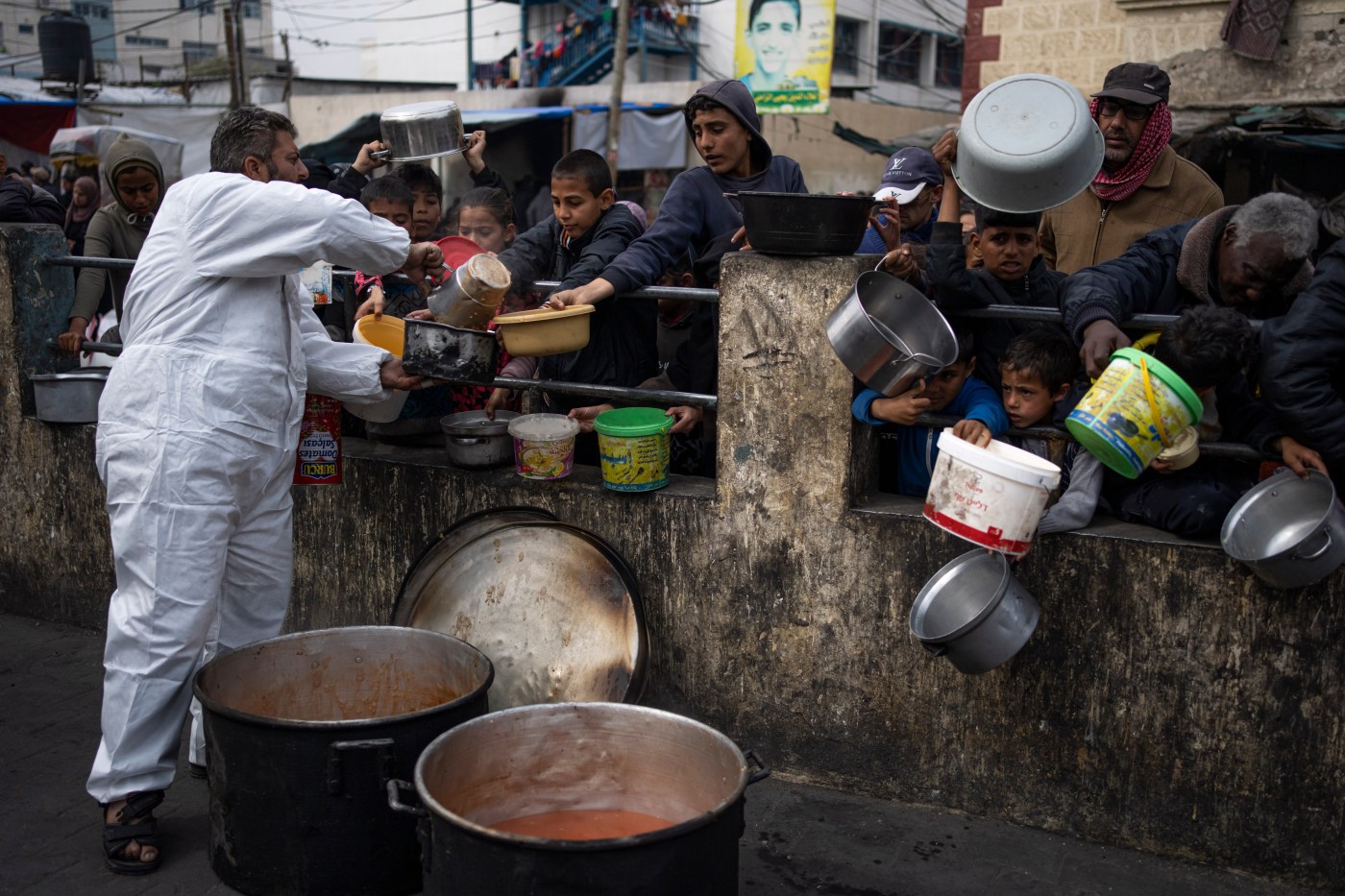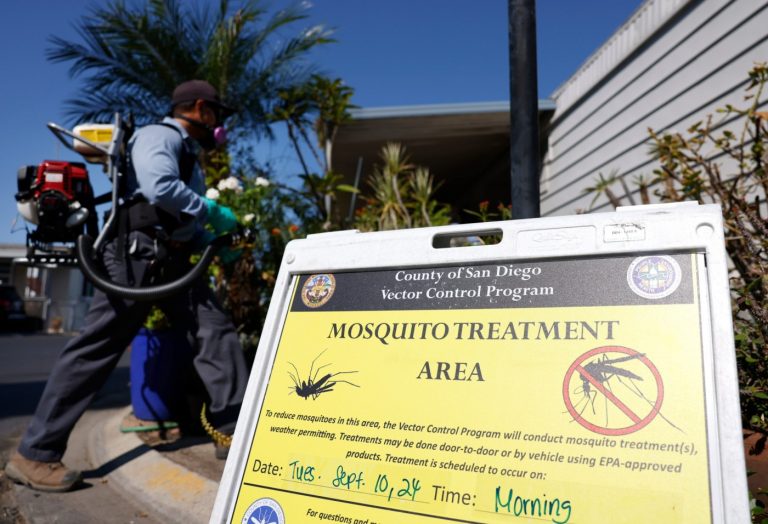Ordinarily, the days leading up to Ramadan, the holy month when Muslims give up food and drink from dawn to dusk, are exuberant. My younger children and I would prepare “iftar jars” and food baskets with Ramadan staples, such as dates, nuts and apricot paste, to hand out to neighbors. We’d decorate the house and send invitations for iftar, the meal when we break our fast, to friends and family.
But this year, as Palestinians with family in Gaza, our enthusiasm has been overshadowed with overwhelming grief. Ramadan began this week. No decorations have made their way out of the basement and no baskets have been distributed.
Israel’s war on Gaza, which the International Court of Justice and a U.S. federal court found could amount to genocide, has claimed the lives of my aunt, my three adult cousins and their families. It has also killed more than 100 members of my extended family along with more than 30,000 other Palestinians. I cannot begin to imagine what Ramadan will look like for them, as United Nations officials have said that more than half a million people in Gaza are a “step away” from famine, and Israel blocks the entry of aid trucks.
Thirteen years ago, while researching for my cookbook on Gaza cuisine, I observed Ramadan there. There was a heat wave amid power outages, the result of an Israeli attack on Gaza’s power plant and restrictions on diesel fuel.
Despite it all, the air then was electric with excitement. Qatayif vendors popped up just around sunset, flipping and selling the traditional Ramadan pancakes ready to stuff with nuts, milk pudding or cheese. Children lighted the dark skyline with their fawanees, or lanterns, and men and women headed to the mosque for the evening taraweeh prayers, a fixture of the holy month. There will be none of that this year.
This Ramadan, I oscillate between a profound sense of loss and sadness and a feeling of urgency and obligation to do anything I can to help my family, to organize, to speak out. Sometimes, I feel broken and empty inside, as we face a cruel reality in which even our best efforts cannot seem to stop the slaughter, and all I can muster the energy to do is cry.
Nowhere left to hide
In WhatsApp messages, my Gaza relatives tell me they have nothing left to go back to, no mosques to go pray in, no electricity, no fuel to cook with. What little food they find is purchased at incredibly inflated prices, cooked in a makeshift cob oven or in tin ovens, using wood or charcoal.
Eleven of my family members, including my uncle who has a heart condition, are currently in Rafah after fleeing their Gaza City home in the north. Now, they have nowhere left to hide, as they await an imminent Israeli invasion into Rafah.
Dozens of other family members remain in Gaza City, cut off from those in the south, from the trickle of humanitarian aid entering the territory. They face looming starvation. We learn only whether they are alive or not through the occasional audio note. One cousin recently told me he hadn’t tasted bread, fruit, vegetables or meat in months, surviving instead on hard-to-find canned food.
Despite all this, my cousins say they plan to honor Ramadan however they can, and to prepare traditional Palestinian meals for iftar, improvising with whatever ingredients are on hand. Stews with powdered chicken bouillon instead of protein. Wild greens and tinned meat or tuna if they are lucky. Animal feed instead of flour for making bread. For my relatives, observing Ramadan and cooking also serve as acts of resistance and sumood, or steadfastness, against a dehumanizing war.
Back in Maryland, I’m left wondering how to talk to my children about what is happening, as we gather around our iftar tables. What meaning do we find in Ramadan given the situation back home? The conversations will be difficult, but necessary. And from these points of discomfort and angst, I hope we grow spiritually and mentally.
Murderous catastrophe
I am frustrated with the Biden administration’s unwavering diplomatic, financial and military support of Israel’s bombardment, which has systematically destroyed much of Gaza including its agricultural land and assets, and its local food systems. Human Rights Watch has said the Israeli government is employing starvation as a “weapon of war.” Instead of pressuring Israel to open land crossings, the United States has airdropped food aid into Gaza and plans to build a temporary port to bring in humanitarian assistance. These efforts are woefully insufficient and amount to a public relations stunt as our government continues to provide bombs and arms to Israel.
Related Articles
Letters: Deny AT&T | Check sources | Agree on health care | Crossing line
Aid ship sets out for Gaza where thousands face starvation
Ramadan begins in Gaza with no end to war in sight
‘Oppenheimer’ wins best picture at Academy Awards, Emma Stone takes best actress
An effort to get aid to Gaza by sea is moving ahead. But the first ship is still waiting in Cyprus
During Ramadan, feeding a fasting person or hungry people is highly recommended. Living in the United States, all I can do is send money to friends in Gaza who have set up neighborhood soup kitchens, preparing simple vegetarian stews using foraged wild greens like common mallow, or khobeiza.
In the Quran, patience is described as jameel, which means beautiful. Patience, perseverance and prayer are all we have left now. But that doesn’t make the hardship any easier.
In some ways, the horrific war has forced us to approach Ramadan in the spirit it was intended. To focus not on satisfying the self, but on purifying it of worldly desires, and in doing what we can to change an injustice around us.
These are the messages we will likely be sharing around our iftar tables this Ramadan, as our family struggles to find strength to make sense of the murderous catastrophe unfolding before our eyes.
Laila El-Haddad is a Maryland-based writer and co-author of “The Gaza Kitchen: A Palestinian Culinary Journey.” ©2024 Los Angeles Times. Distributed by Tribune Content Agency.













+ There are no comments
Add yours